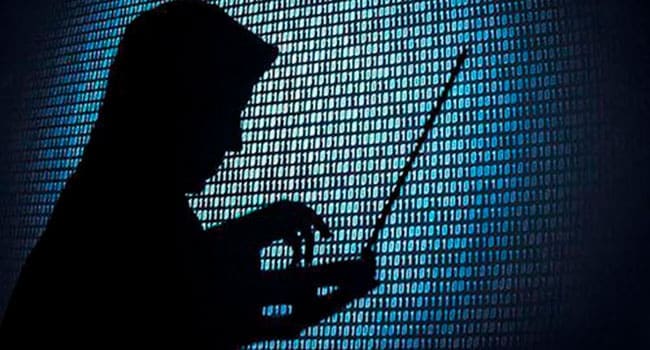 The contemporary global electronic connectivity that I call internetization has opened a great new frontier of opportunity and empowerment. It’s a positive force for electronic accessibility and digital outreach.
The contemporary global electronic connectivity that I call internetization has opened a great new frontier of opportunity and empowerment. It’s a positive force for electronic accessibility and digital outreach.
But it has also unleashed an environment similar to that of the wild west before law and order was established. The new frontier of the contemporary electronic world has a dark, mean and ugly side.
The 21st century digital world gives us tremendous electronic capacity in all aspects of human endeavour. The electronic prefix – e-government, e-banking, e-learning, e-travel, e-health, e-entertainment and more – reveals the many positive attributes of internetization.
The darker side of this connectivity takes the form of digital hacking, sabotage and malpractice. From the plundering of personal bank accounts to holding for ransom corporations’ deliberately-incapacitated systems, internetization has caused considerable pain and suffering.
These modern monsters take the shape of cyber attacks, email hacking, Internet fraud, cyber bullying, malware infections, identity theft, computer viruses, intellectual property hijacking, political instability and electoral compromise.
The most vivid example of bad and ugly in internetization can be seen in international relations. While trade has been a huge beneficiary of global internetization, many other forms of government relations have become far more sinister.
The fact that elections can be compromised by a foreign government’s electronic interference should raise alarms. Distributing fake news through social media to hijacking election outcomes is a case in point.
Internetization has also transformed government parameters, as the public demands more accountable and transparent decision-making.
And digitalization of reports and policies has put them squarely in the public domain, exposing governments to unprecedented scrutiny. At the same time, individuals and groups have used social media to expose government corruption, excesses and administrative malpractices.
Internetization is also now key to international relations, creating instant global awareness about issues and events.
Minute by minute, we’re informed of breaking news from around the world, from natural catastrophes to terrorist attacks. The ability to maintain national secrecy and contain national misdemeanours, or just manage the news, has been trumped by internetization.
Internetization has also redefined the secret side of international relations. James Bond-like spies operating in foreign countries have been replaced by virtual intelligence gathering and electronic eavesdropping.
Very soon, the most important military weapon will be the strategic, targeted use of internetization. Countries will enhance their military strategies to include specific cyber-attacks on foreign assets.
So it’s no surprise that cybersecurity has become a huge growth industry, with significant economic benefits to individuals, businesses and governments.
The dark side of internetization has made cybersecurity essential.
Dr. Constantine Passaris is a professor of Economics at the University of New Brunswick. He is the author of the chapter on The Economics of Internetization in the recently-released Encyclopedia of Information Science and Technology.
Constantinve is a Troy Media Thought Leader. Why aren’t you?
The views, opinions and positions expressed by columnists and contributors are the author’s alone. They do not inherently or expressly reflect the views, opinions and/or positions of our publication.

